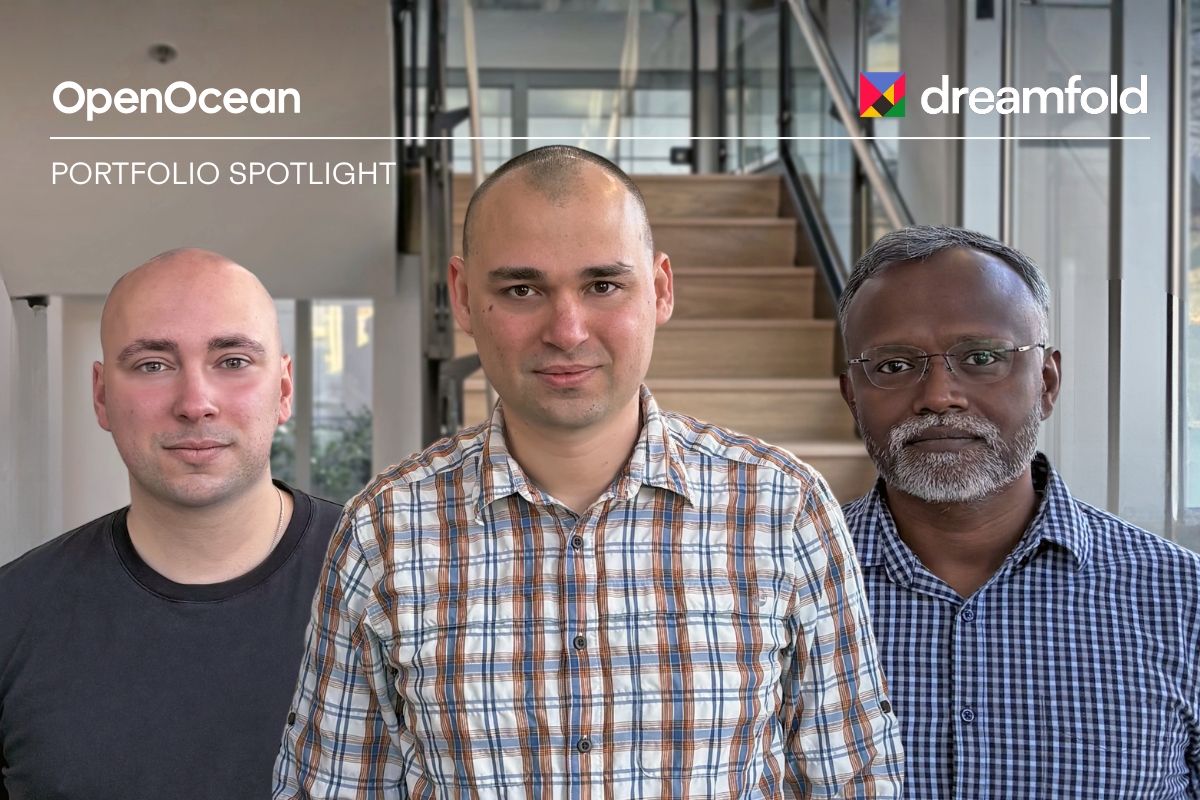
Every founder faces the same question: how fast should you go? In conversation with our Venture Partner, Duleepa “Dups” Wijayawardhana, we explored why so many startups struggle to balance speed, quality and scale, and how to get it right (at least most of the time). As Dups puts it, for every rule there is an exception, and for every exception there is something to learn.
Myth 1: Fast always wins
The old Facebook mantra of “move fast and break things” makes sense when applied carefully. But as Dups says, “speed only matters when you’re learning.”
In the early days, getting something into users’ hands was the only way to discover what works. Once customers start paying, breaking things only breaks trust. “You can’t scale a business on apologies,” he says. Real velocity comes from stability that allows you to move confidently, not recklessly.
Myth 2: Perfect code builds great companies
Early-stage engineers often want to craft elegant systems. Dups calls that a trap. “If you’re spending months perfecting code without customers, you’re building for yourself.”
Perfection too early drains energy and time from learning. The goal is to understand customers fast, not to showcase engineering skill.
With new AI tools, there are now infinite ways to reach an outcome that might once have taken years. According to Dups, if you spend months getting to a prototype for testing with customers, depending on the industry and the problem, someone else is likely already there.
Myth 3: Scaling is a technical problem
Most scaling failures are human, not technical. “Clarity, empathy and understanding what people actually do, that’s what scales teams,” Dups says.
He stresses that leaders must stay close to their teams’ work. When management loses touch, processes multiply and dysfunction follows. “If you don’t understand what your people do, you can’t lead them.” A good leader, he adds, stays close enough to maintain understanding. A great leader hires people who can scale that understanding both across the team and towards management.
Myth 4: AI will fix everything
AI promises efficiency, but Dups sees another side. “While already incredible, AI tools will improve even further in the coming years.”
He believes AI is reshaping how engineers think, shifting focus from the tools themselves to product outcomes. Yet skipping the fundamentals can be costly. “If you don’t understand the tools deeply, they will hurt you.” Founders must bridge those who build with those who think in outcomes.
While the future is unwritten, Dups believes engineers who combine strong technical skill with a deep understanding of generative AI, machine learning and creative thinking will become some of the most sought-after professionals in the market.
Myth 5: Scaling is linear
Growth never moves in a straight line. “It’s easy to go from one to ten million,” Dups says. “It can be painful to go from fifty to a hundred million.”
Processes that once helped start to hide problems. Leaders need observability, understanding and empathy in both their systems and their teams to see what is really happening and fix it before it slows them down. While Dups believes scaling is always a team effort, having the right people with the right experience, skills, and mindset at the right time can make all the difference. In the end, it is always about people.
The outcome
Speed without direction is noise. Quality without agility is paralysis. The best founders know when to trade one for the other. As Dups puts it, “You can’t know the exact formula, you just need to know your people and your purpose.”


